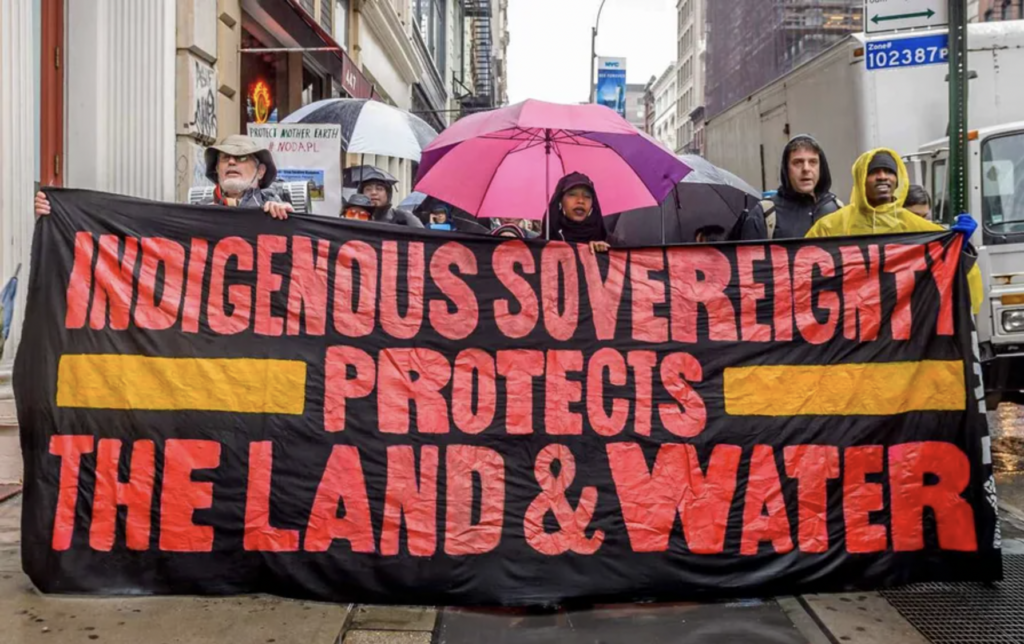October 5, 2022
This Supreme Court Case Threatens the Future of Tribal Lands
By Lisa Herforth-Hebbert
Haaland v. Brackeen challenges the constitutionality of the Indian Child Welfare Act of 1978, putting the sovereignty of Indian Nations at risk.

This November, the Supreme Court will hear Haaland v. Brackeen—a case that could have catastrophic consequences for Indian country. The plaintiffs are challenging the constitutionality of the Indian Child Welfare Act of 1978, arguing that the law discriminates against non-Indian adoptive parents on the basis of race. More specifically, they claim that the law institutionalizes discrimination against white families in the adoption of American Indian children.
The plaintiffs’ argument fails to take into account the reasons why the ICWA prioritizes the placement of Indian children in Indian homes. American Indian identities are derived solely from the status as citizens of our Tribal Nations (that is, “American Indian” is a political status—not a racial identity).
This case is about so much more than Indian youth and this single law, and Anti-Indian constituencies have jumped at the chance to support the plaintiffs. “For the beneficiaries of centuries of forced dispossession and murder of Native people to cry ‘discrimination’ when Native groups try to stop them from taking their children is madness. And yet it’s totally on brand for the modern conservative movement,” explained Elie Mystal in The Nation last week. If the Supreme Court sides with the plaintiffs and thus establishes a new precedent, inappropriately racializing Indian identity, the implications of this case could be far-reaching.


